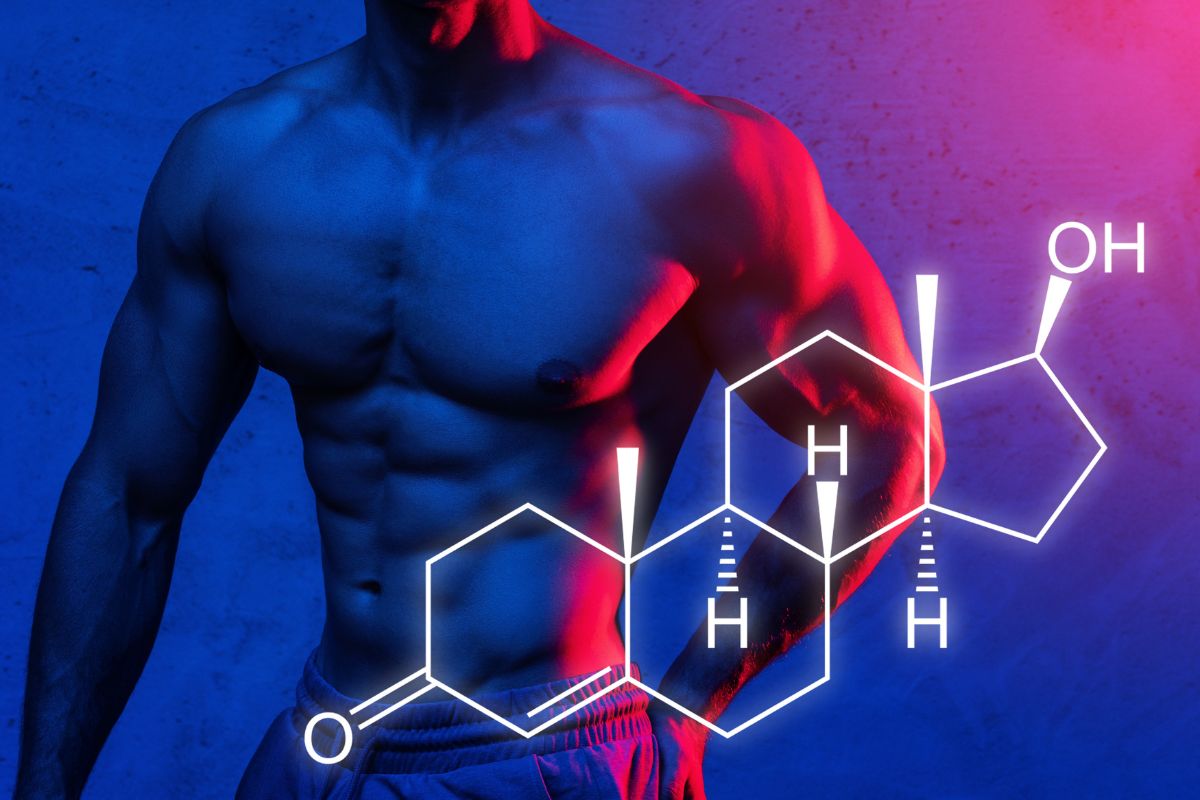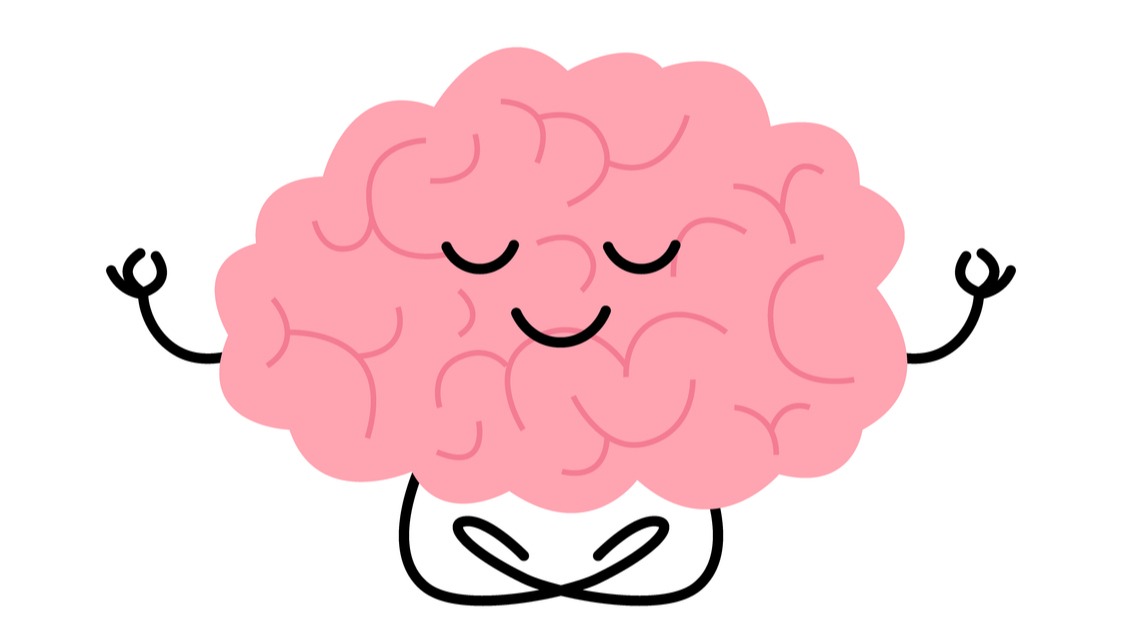The Impact of Testosterone on Mood, Confidence, and Motivation

Testosterone, often associated with physical traits like muscle mass and body hair, plays a pivotal role in regulating mood, confidence, and motivation. This hormone influences various psychological and emotional aspects, affecting how individuals perceive themselves and interact with the world. Understanding the intricate relationship between testosterone levels and mental well-being can shed light on many behavioral patterns and emotional responses.
Understanding Testosterone's Role in the Brain
Testosterone is a steroid hormone that, beyond its well-known effects on physical attributes, significantly impacts the brain's functioning. It interacts with neurotransmitters such as dopamine and serotonin, which are crucial in regulating mood and emotional responses. By influencing these chemicals, testosterone can affect feelings of well-being, happiness, and emotional stability.
Furthermore, testosterone plays a role in the hippocampus, a brain region involved in memory and emotional regulation. Studies have shown that testosterone can influence hippocampal neurogenesis, the process by which new neurons are formed, thereby affecting mood and cognitive functions.
Testosterone and Mood Regulation
A balanced testosterone level is essential for emotional stability. When testosterone levels are within the normal range, individuals often experience a sense of well-being and emotional resilience. However, fluctuations or deficiencies in testosterone can lead to mood disturbances.
Low testosterone levels have been associated with symptoms such as irritability, fatigue, and feelings of sadness. These emotional changes can affect daily functioning and overall quality of life. On the other hand, optimal testosterone levels are linked to improved mood and a greater sense of emotional balance.
Confidence and Self-Perception
Testosterone influences self-esteem and confidence. Higher levels of testosterone are often correlated with increased assertiveness and a positive self-image. Individuals with balanced testosterone levels tend to exhibit greater self-assurance in social and professional settings.
Conversely, low testosterone levels can lead to diminished self-confidence. Individuals may experience feelings of inadequacy or self-doubt, which can impact personal relationships and career progression. Addressing testosterone imbalances can, therefore, be a crucial step in enhancing self-esteem and overall confidence.
Motivation and Drive
Motivation is closely linked to testosterone levels. This hormone affects the brain's reward system, influencing drive and goal-directed behavior. Adequate testosterone levels are associated with increased motivation to pursue and achieve goals, both personal and professional.
Low testosterone can result in a lack of motivation, making it challenging to initiate or complete tasks. Individuals may experience a diminished drive to engage in activities they once found enjoyable or fulfilling. Restoring testosterone levels to their optimal range can help rekindle motivation and a sense of purpose.
Testosterone and Social Interactions
Testosterone also plays a role in social behaviors and interactions. It can influence social dominance, status-seeking behaviors, and the desire to assert oneself in group settings. Individuals with higher testosterone levels may exhibit more dominant behaviors, while those with lower levels might display more passive tendencies.
These social dynamics can affect relationships and social standing. Understanding the role of testosterone in social interactions can provide insights into group behaviors and individual roles within social contexts.
Managing Testosterone Levels for Mental Well-being
Maintaining balanced testosterone levels is crucial for emotional health. Several approaches can help manage and optimize testosterone levels:
- Regular Exercise: Engaging in physical activity, especially strength training, can boost testosterone production and improve mood.
- Balanced Diet: Consuming a diet rich in essential nutrients supports hormone production and overall health.
- Adequate Sleep: Quality sleep is vital for hormone regulation and emotional stability.
- Stress Management: Chronic stress can negatively impact testosterone levels; practicing relaxation techniques can be beneficial.
- Medical Consultation: For individuals experiencing symptoms of low testosterone, seeking medical advice is essential. Healthcare providers can offer guidance and treatment options tailored to individual needs.
Conclusion
Testosterone is more than just a hormone influencing physical traits; it is integral to mood regulation, confidence, and motivation. By understanding best natural testosterone boosters for Canadian men that impact on mental well-being, individuals can take proactive steps to maintain hormonal balance and enhance their emotional health. Recognizing the signs of testosterone imbalances and seeking appropriate interventions can lead to improved quality of life and overall well-being.
Note: IndiBlogHub features both user-submitted and editorial content. We do not verify third-party contributions. Read our Disclaimer and Privacy Policyfor details.





